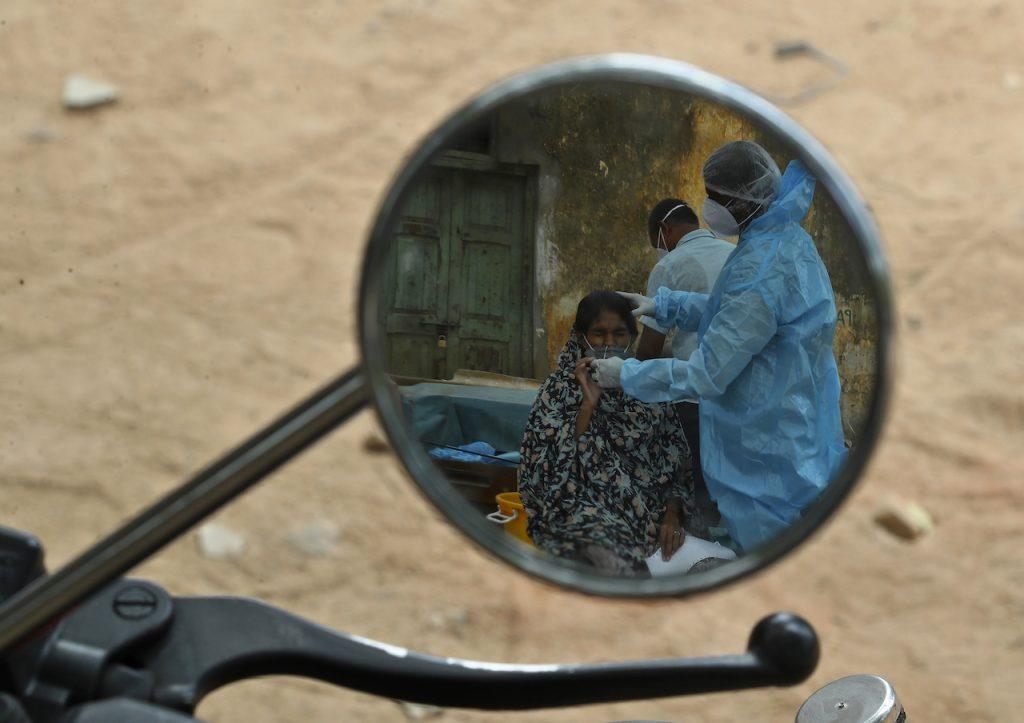Virus variants no longer named after countries, says WHO
This is to avoid stigmatising nations where they were first detected.
Just In
Covid-19 variants are to be known by letters of the Greek alphabet to avoid stigmatising nations where they were first detected, the World Health Organization (WHO) announced Monday.
The new system applies to variants of concern – the most troubling of which four are in circulation – and the second-level variants of interest being tracked.
“They will not replace existing scientific names, but are aimed to help in public discussion,” said Maria Van Kerkhove, WHO’s Covid-19 technical lead.
Under the new system, the variants of concern take on the following names: the hitherto so-called British variant B.1.1.7 becomes Alpha; the B.1.351 first discovered in South Africa becomes Beta, while the Brazilian P.1 becomes Gamma.
The so-called Indian variant B.1.617 is split into sub-lineages, of which the B.1.617.2 variant of concern becomes Delta.
The B.1.617.1 variant of interest is called Kappa.
Besides these names, there are two other scientific names in use for each mutation, while different geographic names have been used to describe the same variant.
For example, within Britain, what other countries have been referring to as the British variant is often called the Kent variant – the county in southeast England where it was first discovered.
The lineage names such as B.1.1.7.2 will still continue to be used in scientific circles, for the mutation information that their name conveys.
‘Stigmatising and discriminatory’
“While they have their advantages, these scientific names can be difficult to say and recall, and are prone to misreporting,” WHO said in a statement.
“As a result, people often resort to calling variants by the places where they are detected, which is stigmatising and discriminatory.
“To avoid this and to simplify public communications, WHO encourages national authorities, media outlets and others to adopt these new labels.”
Earlier this month, US President Joe Biden signed a hate crimes law aimed at protecting Asian Americans who have suffered a surge in attacks during the Covid-19 pandemic.
US anti-extremism groups say the number of attacks and hate crimes against Asian Americans has exploded since the beginning of the crisis.
They lay some of the blame with former president Donald Trump, who repeatedly referred to Covid-19 as the “China virus”.
WHO has been trying to come up with simplified new nomenclature for the variants for several months.
The Greek alphabet contains 24 letters but there is no plan yet as to where to go next if they are exhausted.
Epsilon, Zeta, Eta, Theta and Iota have already been ascribed to variants of interest.
Subscribe to our newsletter
To be updated with all the latest news and analyses daily.
